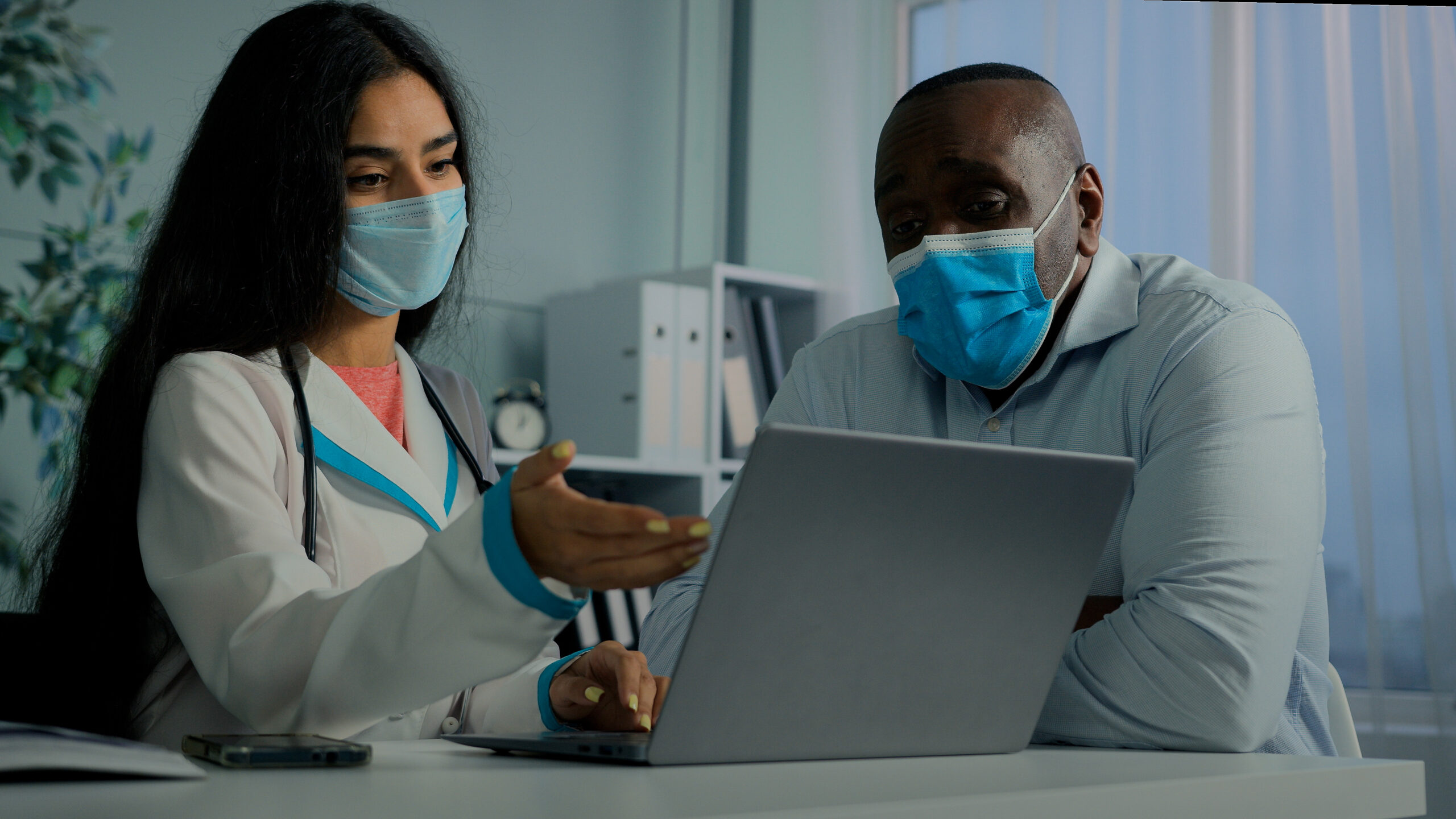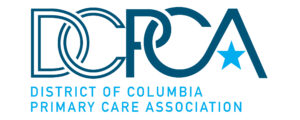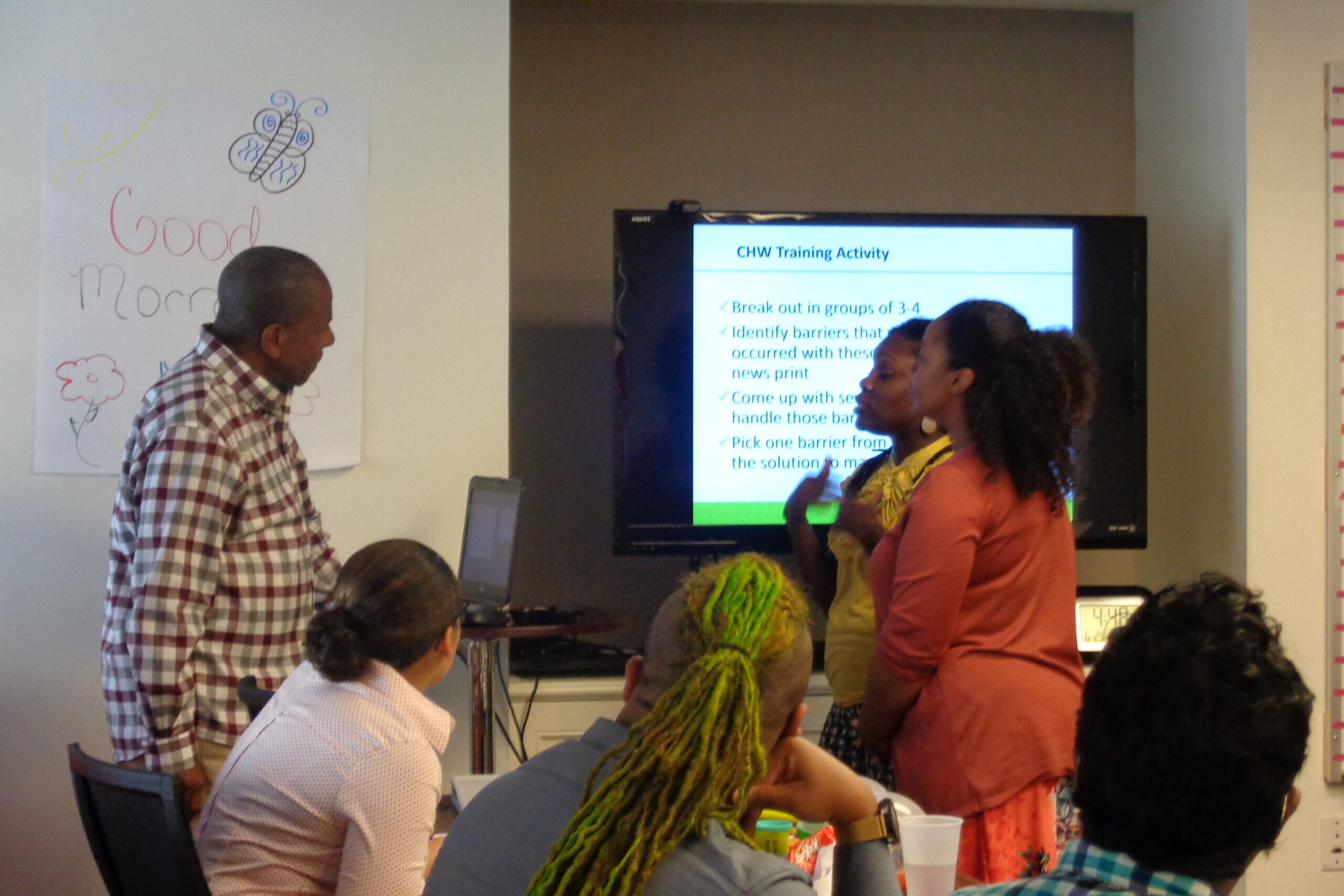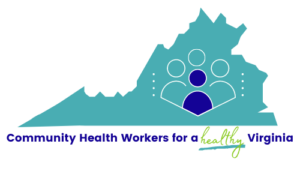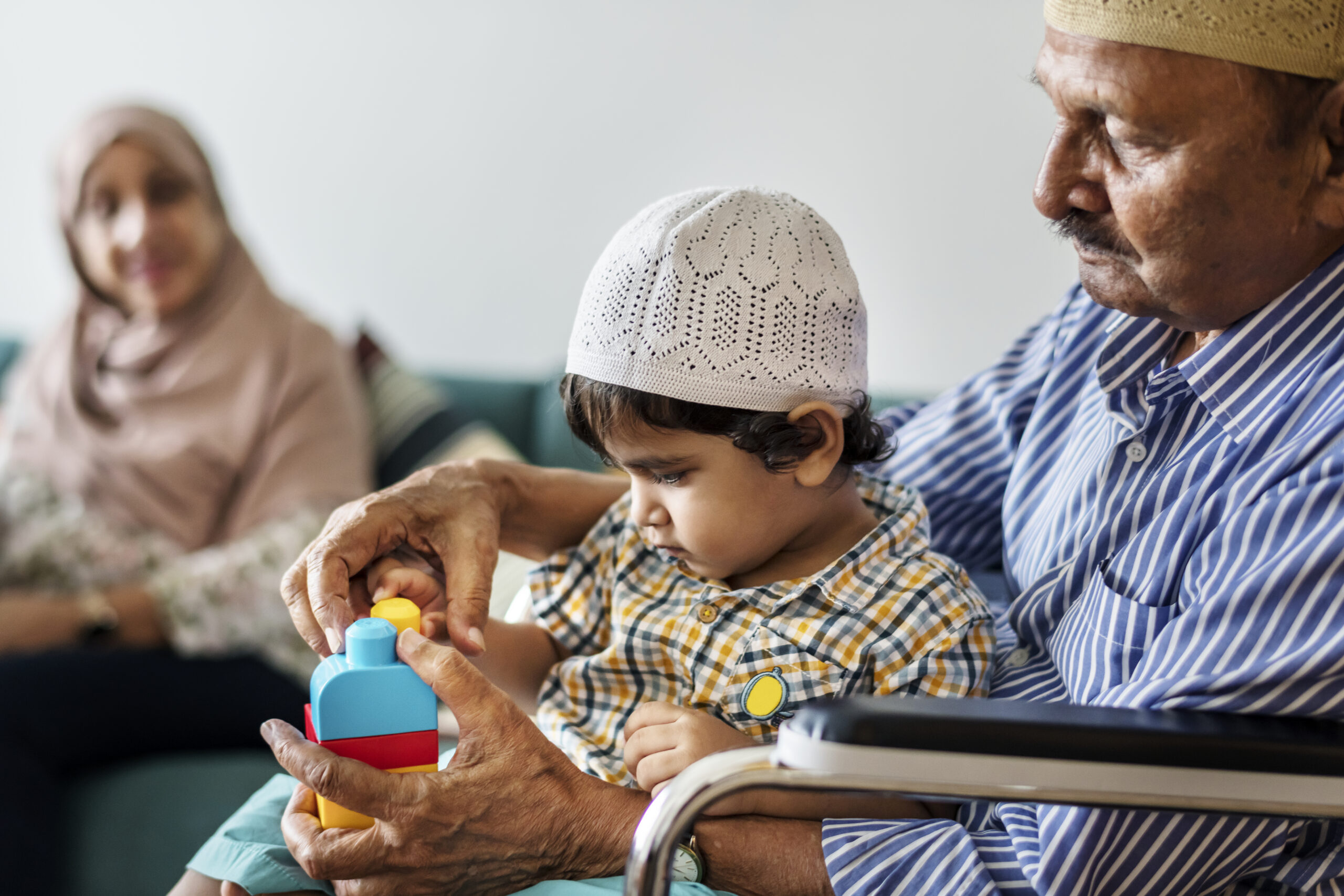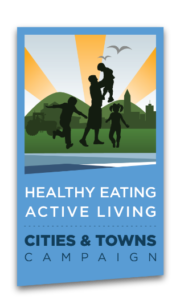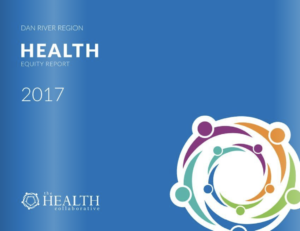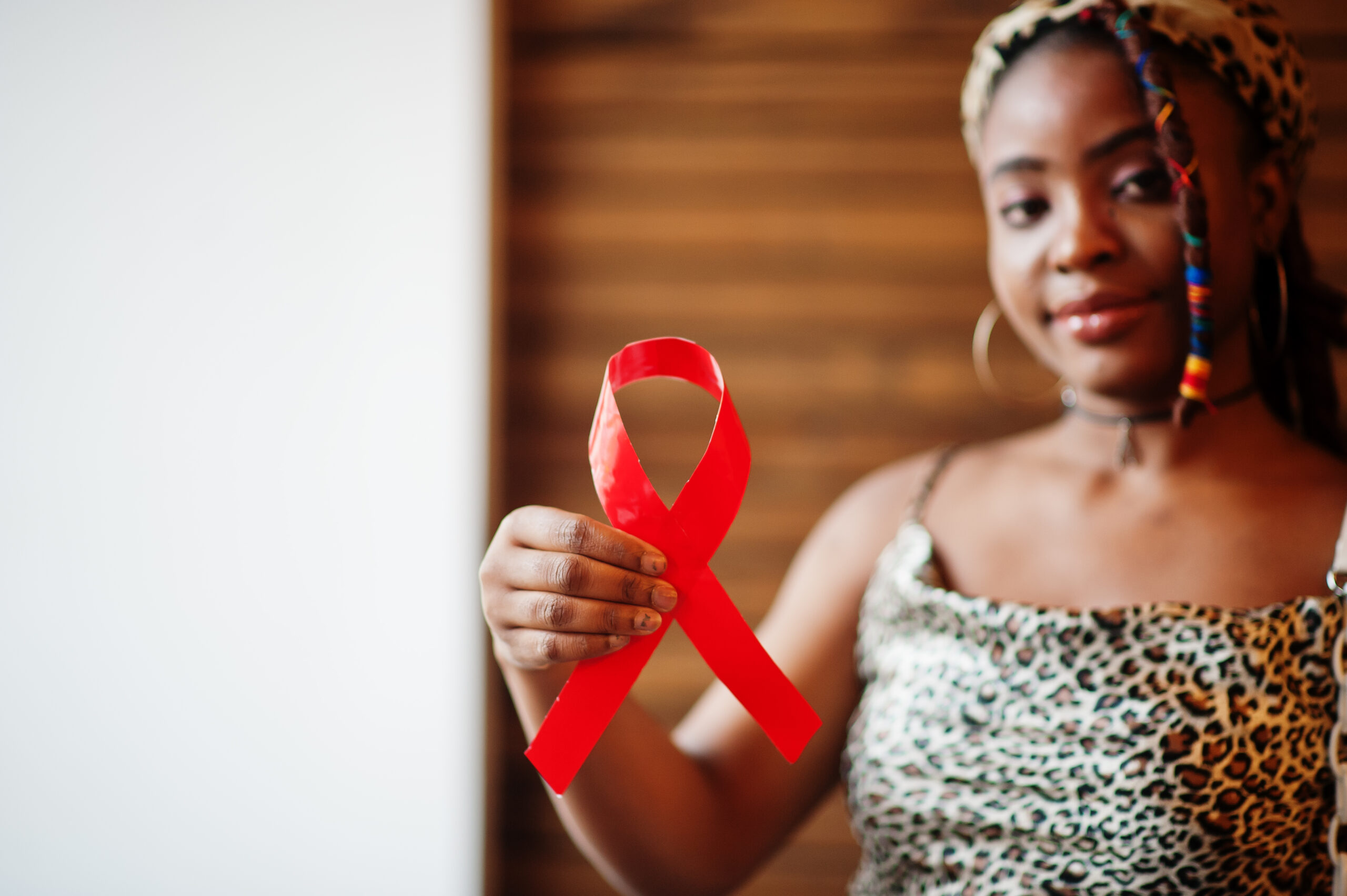
Rural Health Network Development Planning
IPHI received a grant from the Health Resources and Services Administration (HRSA) to help improve health around childbirth in rural Virginia. IPHI partnered with the Virginia Department of Health (VDH) and the Cumberland Plateau Health District to improve health outcomes in that area.
This is a sunset initiative (no longer active).
The Rural Health Network Development Planning grant was awarded by the Health Resources and Services Administration (HRSA) to work with local and state partners to improve perinatal health outcomes. HRSA awarded the $100,000 grant to develop a rural health network through June 2025.
This project took place in the Cumberland Plateau Health District and supported IPHI in working with the Virginia Department of Health, Cumberland Plateau Health District, Ballad Health System, Carillion Tazewell Community Hospital, and the Cumberland Mountain Community Service Board. This Network focused on improving perinatal health outcomes within the four-county district of the Cumberland Plateau in Virginia, including:
- Buchanan,
- Dickenson,
- Russell, and
- Tazewell counties.
The Network leveraged the community’s strengths and assets to address challenges in perinatal healthcare. The team conducted a regional perinatal health gap analysis, developed a perinatal healthcare coordination blueprint to enhance organizational and regional capacity, and identified resources.
To learn more about the Rural Health Network Development Planning, please contact Senior Program Manager Rebecca Epstein at [email protected].
